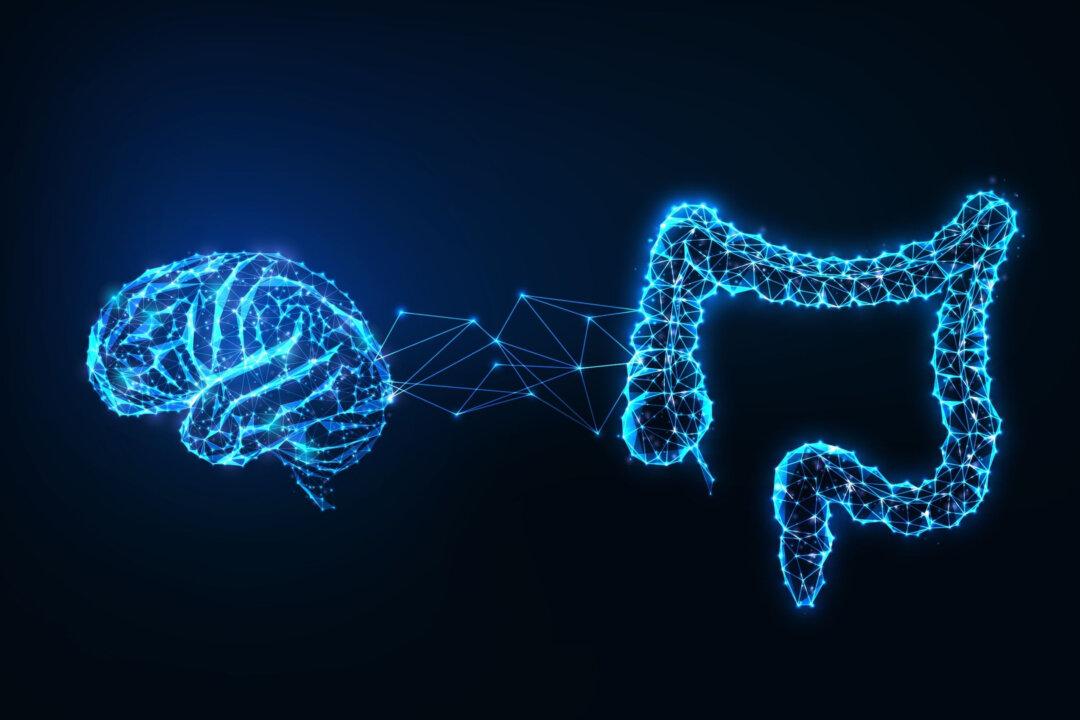Vitamins and minerals might not always get the love they deserve, but the truth is they keep you healthy and functional and protect you from countless diseases.
Vitamins are organic substances that come from plants and animals. They’re often called “essential” because there are only a few, such as vitamin D, that the body can synthesize on its own. That means it’s essential that we get them from food.





